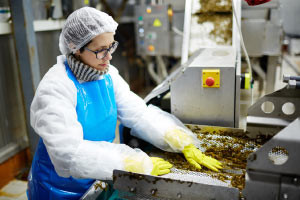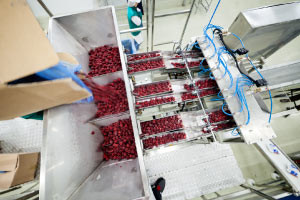Description
We are facing global epidemics of obesity, Type 2 Diabetes, and other primarily diet-related diseases all over the world. To address these public health crises, we urgently need to explore novel approaches to promoting healthy eating. There is strong proof that global increases in the consumption of heavily processed foods, combined with cultural shifts away from home food preparation, have contributed to high rates of preventable, chronic disease. This course will provide learners with the knowledge and practical skills they need to start optimising their eating habits. This course will shift the emphasis away from reductionist nutrient discussions and toward practical discussions about real food and the environment in which we consume it. By the end of this course, students should be able to distinguish between foods that will support their health and those that will harm it.
Syllabus :
1. Background on Food & Nutrients
- A Sociocultural History of Obesity
- Macronutrient Structure & Metabolism
- Carbohydrate-rich Foods & the Glycemic Index
- Animal & Plant-based Proteins
- Dietary Fats & Their Effects on Human Health
2. Contemporary Trends in Eating
- Why Are Highly Processed Foods Generally Less Healthy?
- Trends in Sugar Consumption & Recommendations
- The Case for Cooking
- A Case Study: Middle-aged Pre-diabetic Man
- A Step-wise Approach to Behavior Change
3. Future Directions in Health
- Eat Food. Not Too Much. Mostly Plants.
- Cooking: Fundamental Ingredients
- Increasing Vegetable Intake
- Sensible Substitutions
- Constructing a Healthy Plate
- Shopping in a Supermarket
- Reading Nutrition Labels
- The Importance of Moderation in Maintaining a Healthy Diet
4. Cooking Workshop
- How to Make Gluten Free Crêpes
- How to Make Lemon Herb Roasted Chicken
- How to Make Asparagus Torta
- How to Make Idlis - Indian Rice Cakes
- How to Make Pad Thai
- How to Make Lasagna
- How to Make Ricotta Cake
- How to Make Pancakes in a Blender
- How to Make a Sweet Pea Salad
- How to Make Egg Sandwiches









